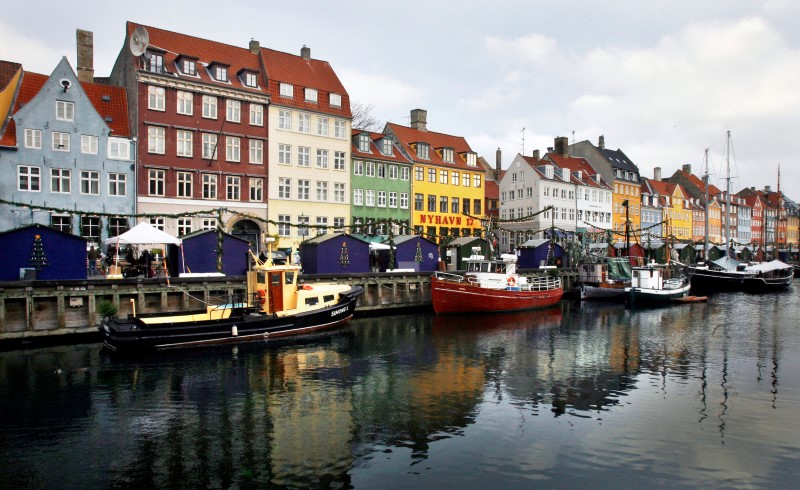COPENHAGEN (Reuters) - Denmark is set to decide on its participation in the EU's banking union, it said on Tuesday, which could lead to closer ties with the bloc following Copenhagen's expanding role as a financial center and Britain's decision to quit the bloc.
Danish lawmakers concluded in 2015 that it would be in the country's interests to participate in the banking union, designed to integrate the industry more closely within a single bloc-wide regulatory and supervisory framework.
But the Danes postponed making a decision then, pending clarification of certain matters.
Brexit and increased focus on Denmark as a financial center made it relevant for the country to now launch a review leading to a final decision by autumn 2019, after Britain's EU exit has been formalized, Business Minister Brian Mikkelsen said in a statement.
"We have to look at the consequences of Britain leaving the EU ... It means that we lack an important partner because the financial sector will be weakened by us not standing side by side," Mikkelsen told broadcaster TV2.
Participation in the banking union would mean closer integration for a country that has been an EU member since 1973 but holds opt-outs from EU policies on security, police and the euro.
He added that a majority in parliament and the Danish banks were positive toward Denmark joining the banking union and said a referendum would not be needed.
Nordea (ST:NDA), the Nordic region's biggest bank, has said it could move its headquarters to either Denmark or Finland from Sweden if the government further tightens some of the toughest capital requirements in Europe, but has yet to make a decision.
The review would include unresolved issues in relation to supervision of Danish mortgage credit institutions.
Denmark has said it wants to keep a tacit exemption that allows its banks to count mortgage-backed bonds - a market worth about 2.8 trillion Danish crowns ($428 billion) - as highly liquid assets should it join the banking union.
The banking union project suffered a setback last month when Rome closed down two Veneto banks by means of a deal that could cost the Italian state up to 17 billion euros - breaking a principle agreed by European leaders that investors should shoulder the cost of bank failures.
The banking union covers all countries in the euro zone, but European Union countries outside the currency area such as Denmark can also join.
